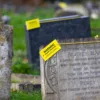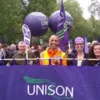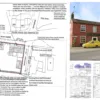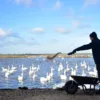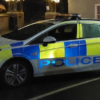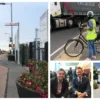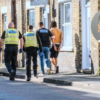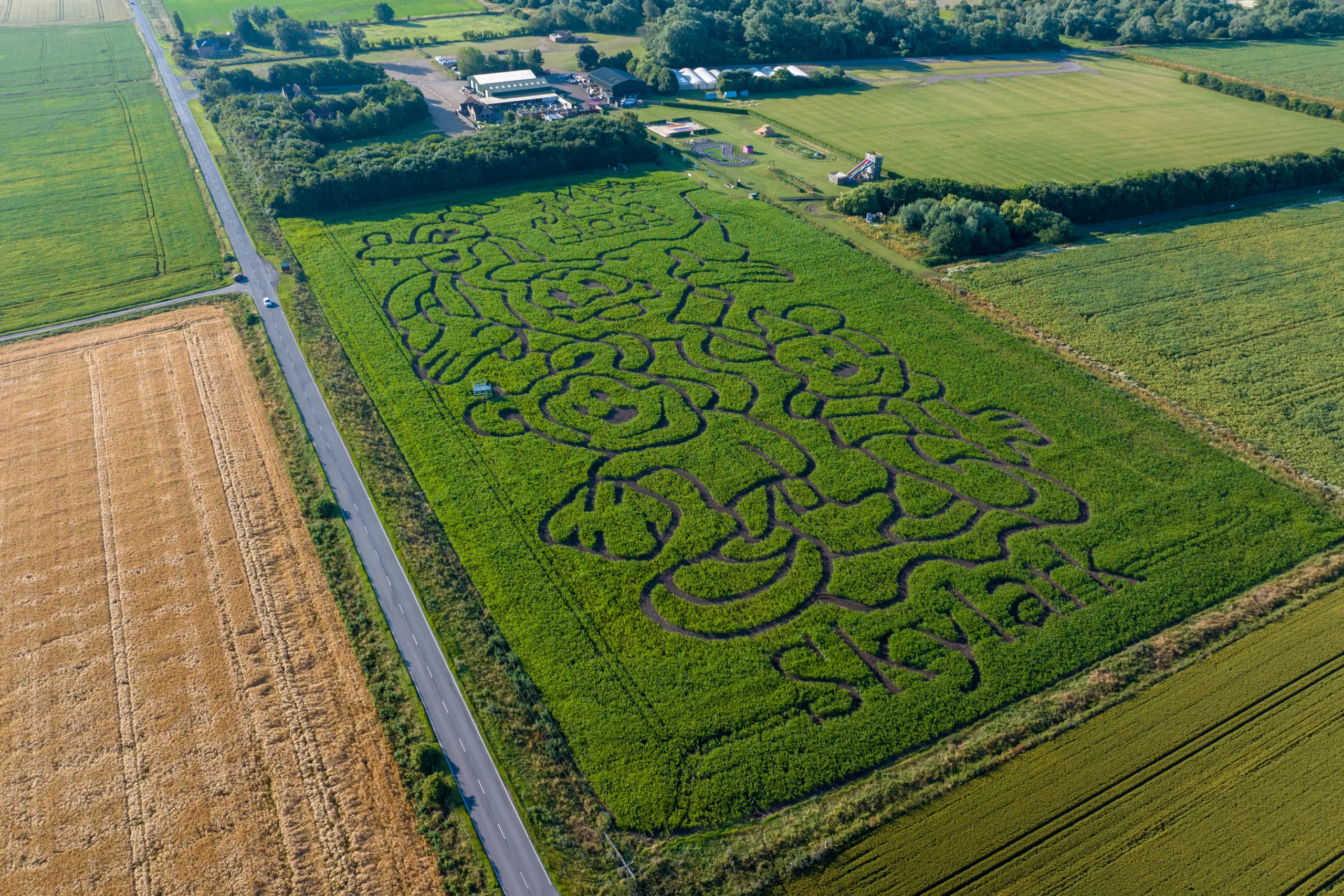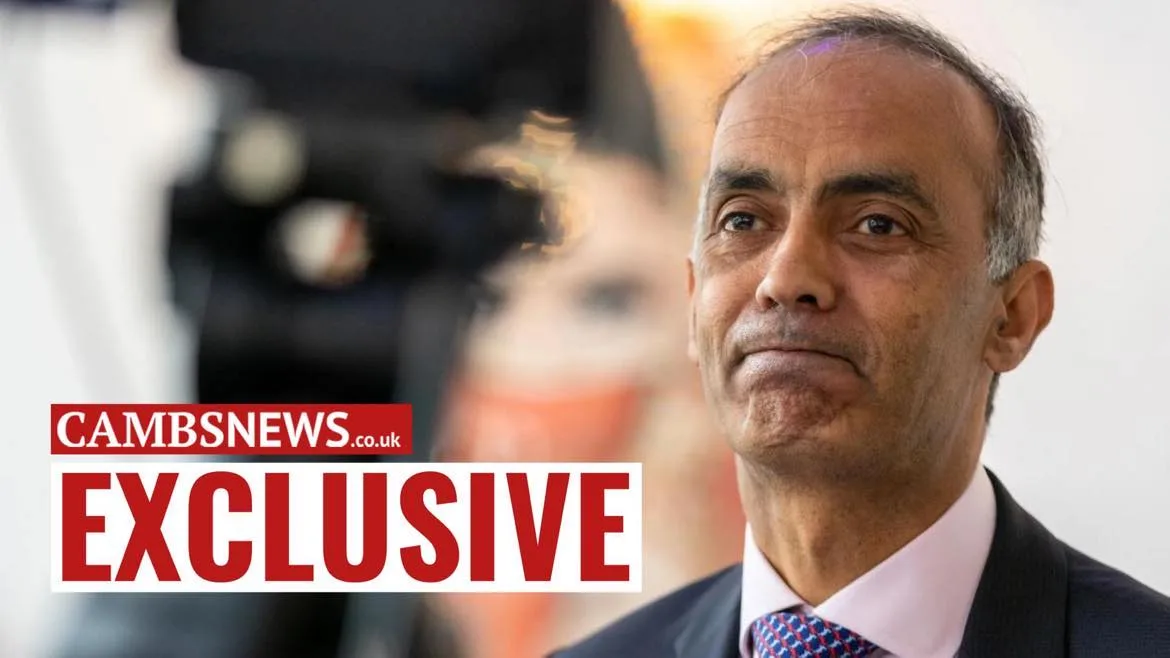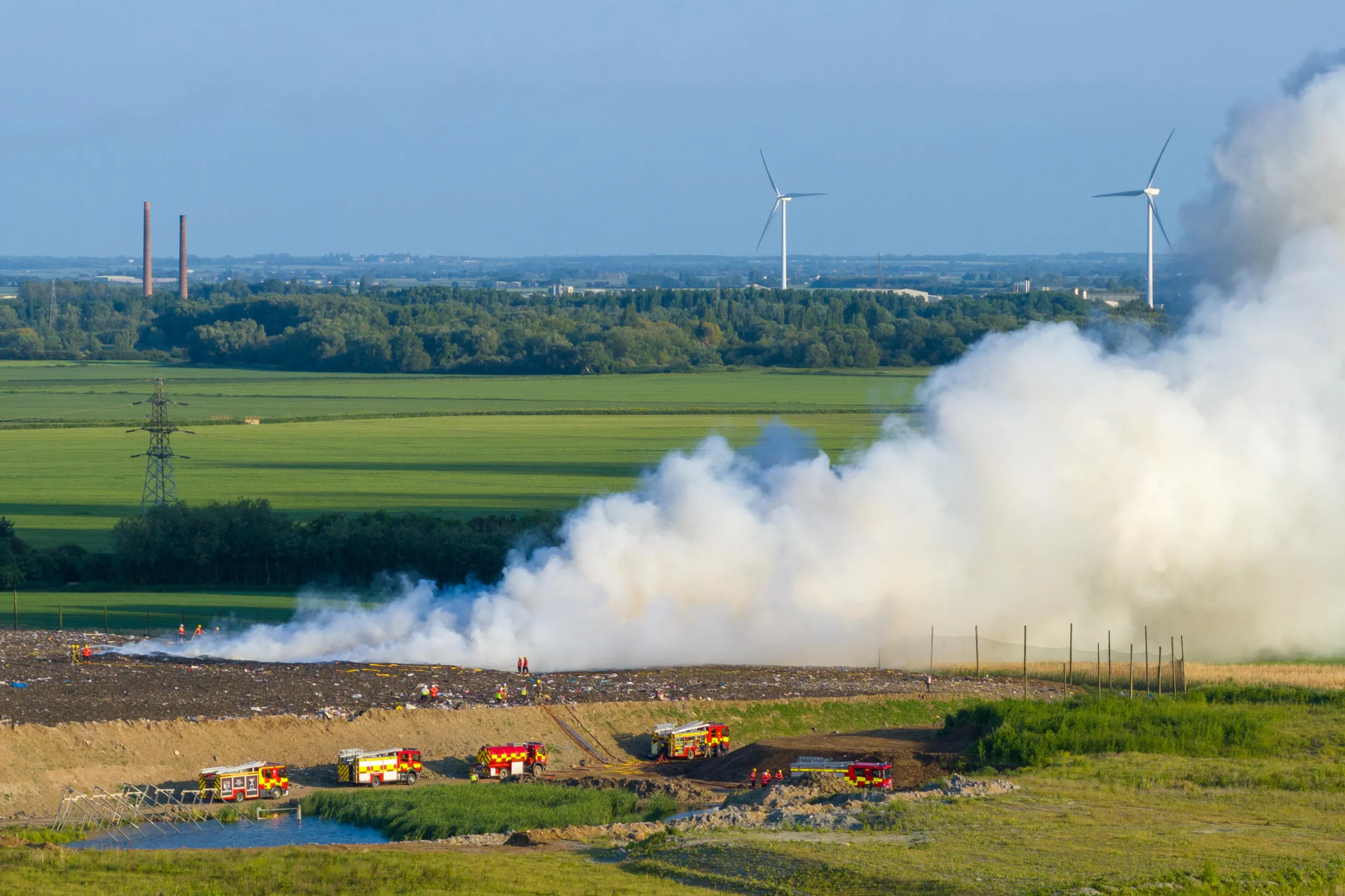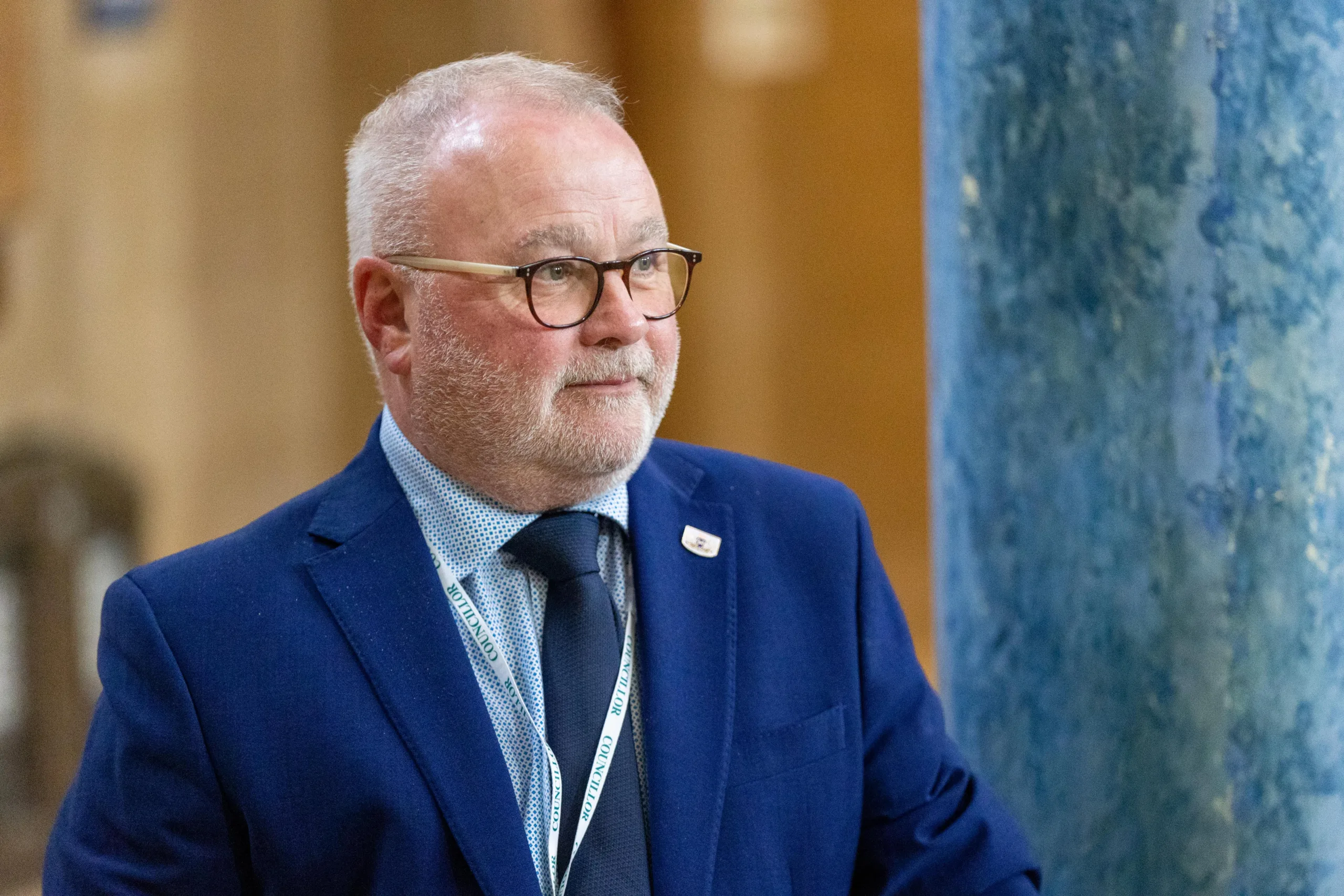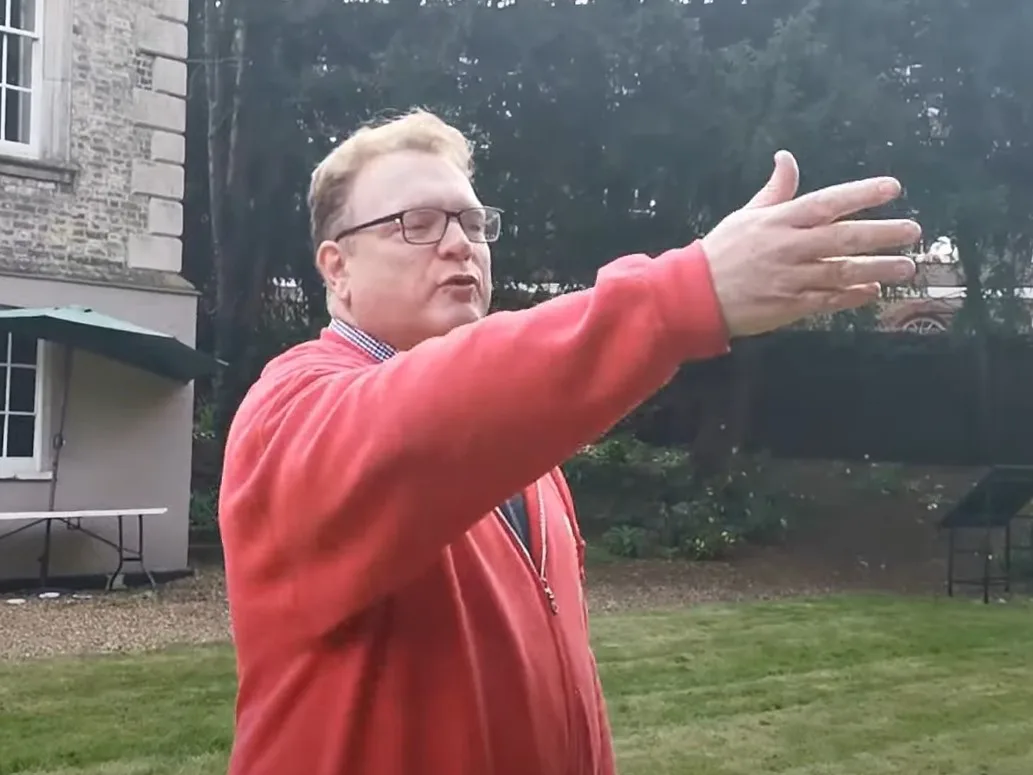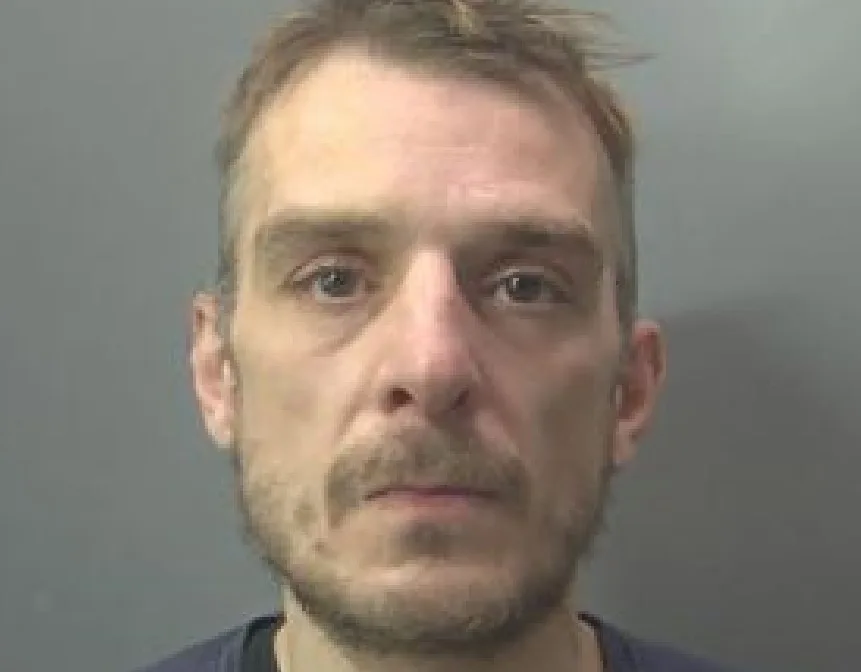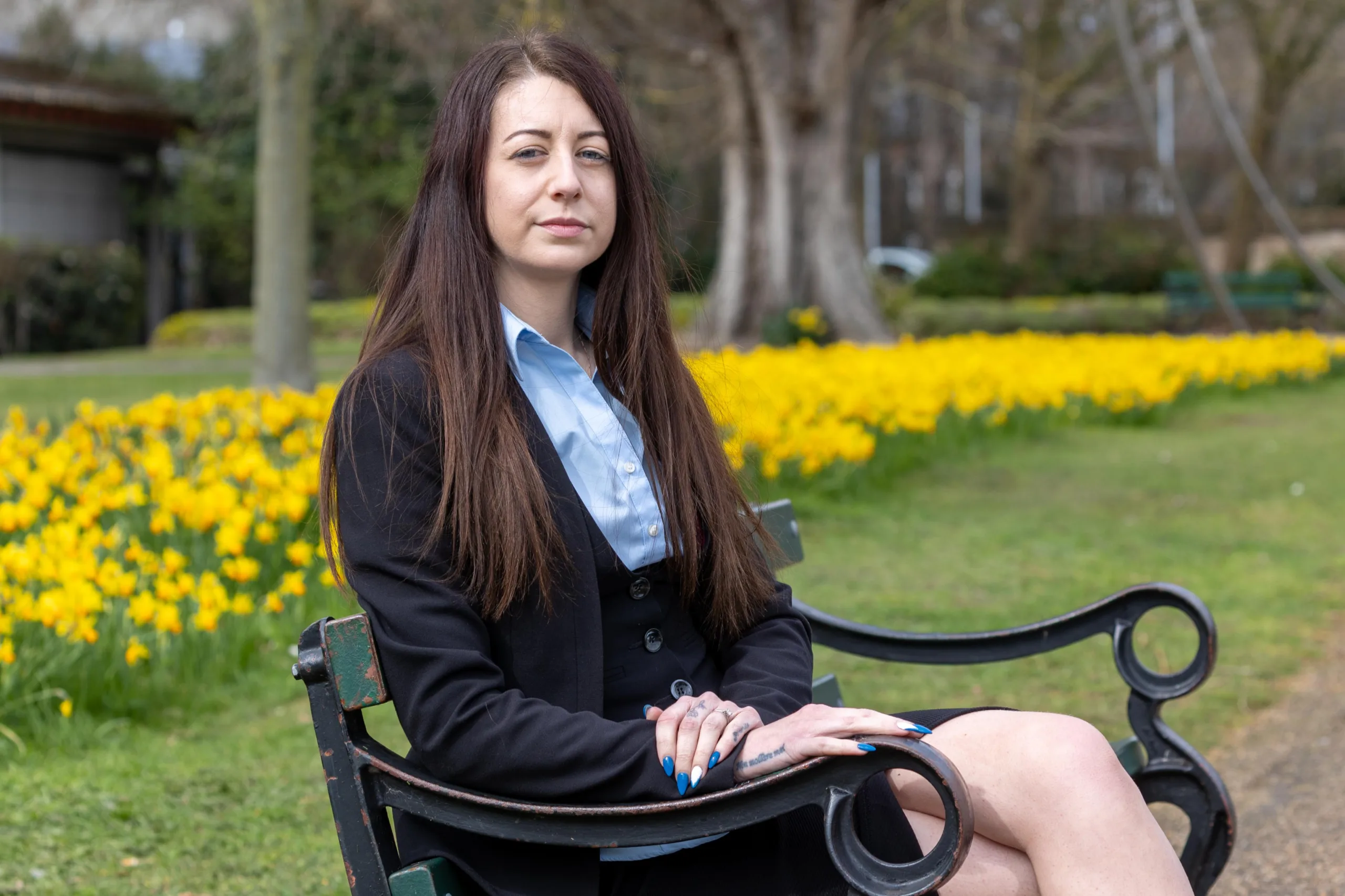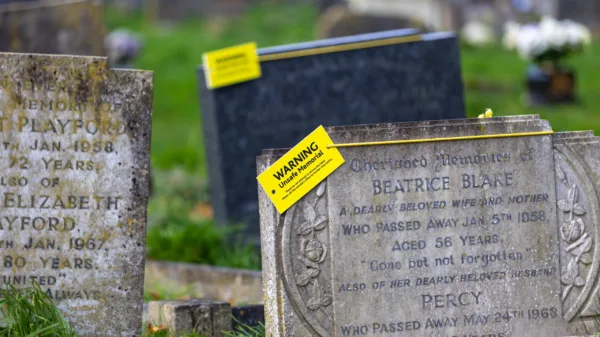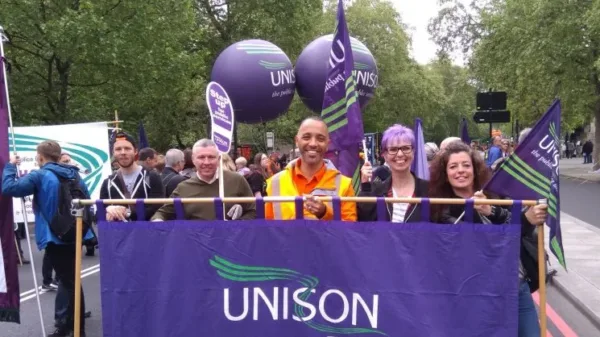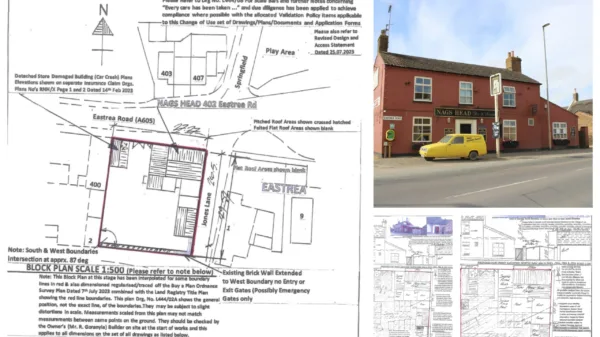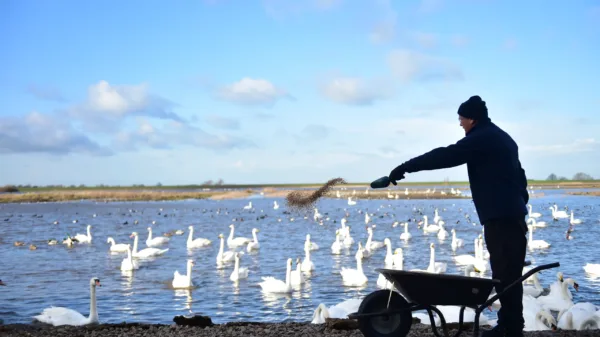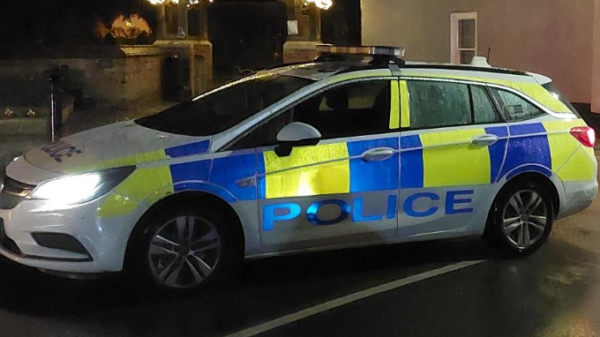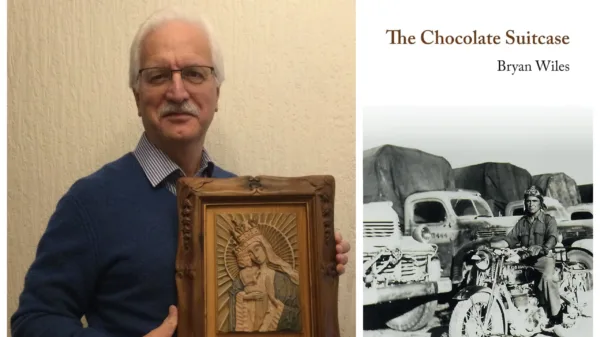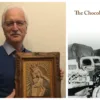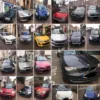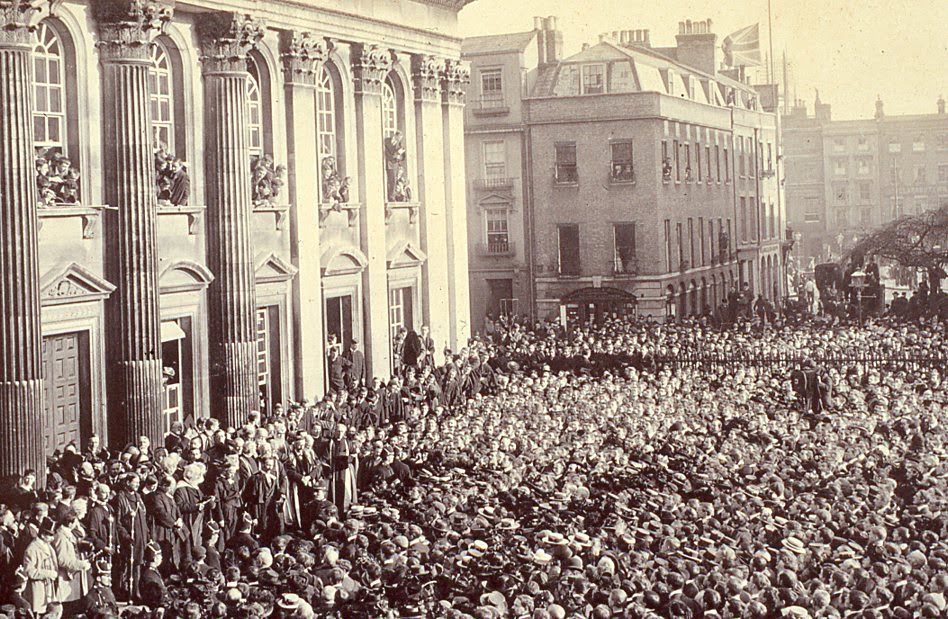
With the passing of Her Majesty the Queen, we have taken a glimpse into the Cambridgeshire archives to see how the county responded to the death of Queen Victoria.
She was Queen of the United Kingdom of Great Britain and Ireland from 20 June 1837 until her death in 1901.
She had reigned for 63 years and seven months – at the time longer than any previous British monarch.
The melancholy news of the death of the Queen, (Victoria), was received in Cambridge in a brief announcement: – “The Queen passed away at 6.30”.
Almost immediately telegrams were posted at the University Union Society and at the Guildhall.
The tolling of bells at many of the churches and College chapels also served to spread the sad news.
And by morning Cambridge bore a complete aspect of mourning. Royal Standards were flying half-mast and black ties and other emblems of mourning were being worn by members of the University and the townsmen.
Cambridge University Proclamation
Days later, the Cambridge newspaper reported: With the solemnities and ceremonies accustomed on like occasions, His Majesty King Edward VII was proclaimed by the University of Cambridge in succession to Victoria, the Well-Beloved.
This morning, while the minute bell was mournfully tolling, while black shutters were up at almost every shop window and flags were at half-mast, crowds of scarlet-robed Doctors, sedate Dons and vivacious undergraduates were hurrying towards the Senate House to take part in the ceremony of a lifetime – to proclaim Edward VII King.
The Senate House was filled with members of the University and many ladies, all in sober attire, very still, very silent.
Every moment up to 11 o’clock there was a continuous stream of fresh arrivals and when the last stroke of St Mary’s clock had died away, the door was closed.
In deep silence the Vice Chancellor read the Proclamation.
At the end he paused for a short space and then uttered the words, ‘God Save the King’.
The sentiment, so new, yet so strangely familiar instantly found an echo in the hitherto silent gathering and while the men were looking into each other’s faces and saying, ‘God Save the King’, probably for the first time, King’s College Choir commenced to sing the National Anthem: ‘God Save our Gracious King.
This was taken up all over the building and sung heartily to the finish.
Not a few of the ladies were in tears, and the scene was indescribably impressive.
An adjournment was made to the Senate House Yard, where the second part of the ceremony took place – the reading of the proclamation in public.
The green and its approaches teemed with hundreds of 'Varsity men, the windows overlooking the spot were crowded, the windowsills and buttresses of the building were all fully occupied, and outside the rails was a great crowd of townsfolk.
The scene was indeed picturesque. On the steps was a group of dignified University officials and Heads of Houses, including the Vice-Chancellor and the Registry of the University … in every window were eager spectators craning their necks get view.
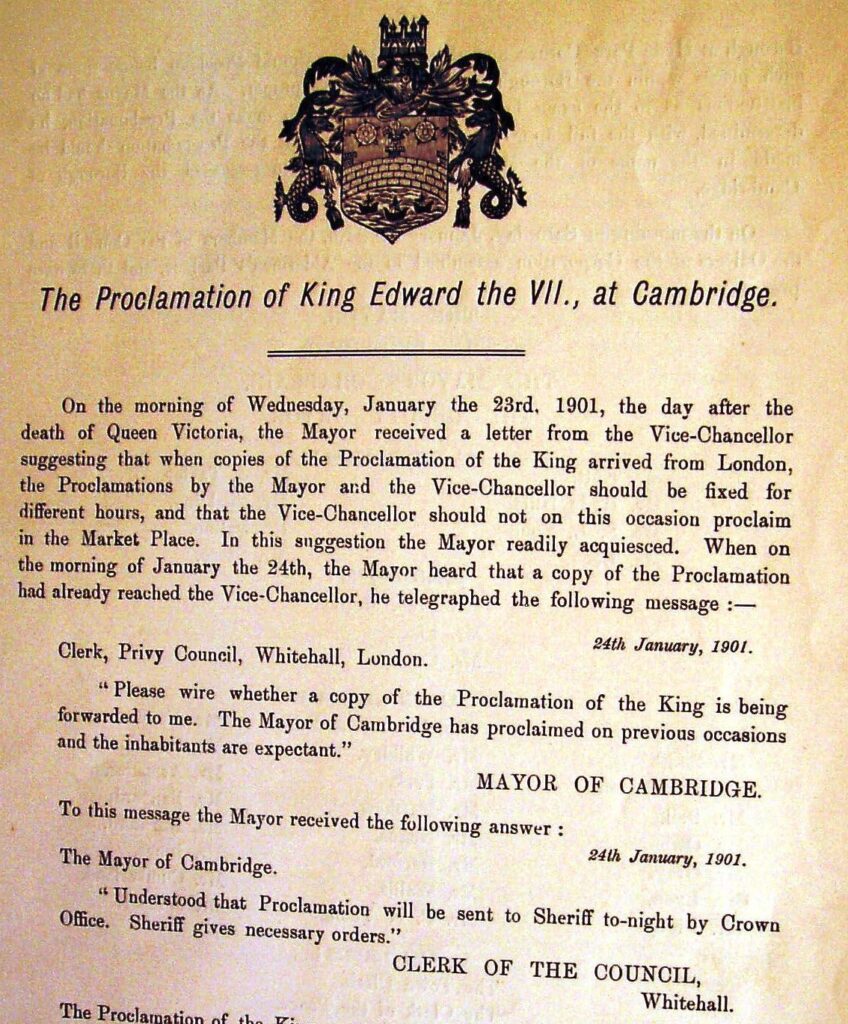
In front was dense mass of caps and gowns, and the sun, shining brilliantly, made the scene one of those imposing spectacular effects only to be seen in university towns.
The undergraduate humour, subdued in the solemnity of the Senate House, recovered itself in the open, and this part of the ceremony, though not without its dignity, was altogether livelier than the first portion.
Two trumpeters blew a fanfare, and the wit of the junior members of the ’Varsity, hitherto confined to lively sallies among themselves, found expression in ironical cheering of the trumpeters and demands for an encore.
When the noise had somewhat abated, the Registrar of the University read the Proclamation and concluded with ‘God save the King’.
The singing of the National Anthem, led by the choir, followed, and with another fanfare from the trumpeters the ceremony was at end. Scores of snap-shotters were busily at work.
Cambridge Proclamation
A large crowd gathered outside the Guildhall, expecting that the Proclamation would be read by the mayor, but they were doomed to disappointment.
There had been some procedural issues.
The Privy Council had ordered a proclamation to be made by the Vice Chancellor of the University and the High Sheriff of Cambridgeshire, the County official.
But there had been no mention of a proclamation by the Mayor Aldermen and Burgesses of Cambridge.
This led to some uncertainty: it had been a very long time the accession of Queen Victoria and no official record had been kept of how they had done it then.
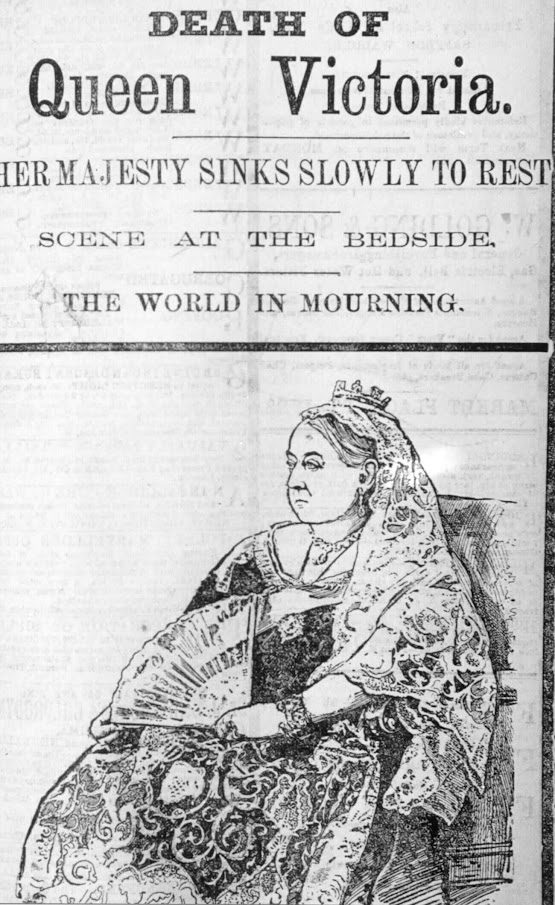
Officials turned to the files of Cambridge newspapers, held in the Free Library, only to find that the Cambridge Chronicle had only given a scanty account of the proceedings since the mayor in 1837 had been a Liberal and the Chronicle was a Conservative-biased journal.
However, there was fuller report in the rival Cambridge Independent Press that gave more detail.
It was the next morning that the proclamation was made at the Guildhall Council Chamber with the Mayor in his robes, the Aldermen in scarlet and the Councillors in black gowns.
Formalities concluded, the dignities departed in a procession of carriages, preceded by two trumpeters and a body of mounted police on a tour of Cambridge.
They stopped to repeat the proclamation on Senate House Hill where the National Anthem was sung by a vast crowd, led by the Volunteer Band.
Then the procession set off to re-read it at Mill Lane and Petersfield, near Thoday Street in Romsey Town and at the Four Lamps, Newmarket Road.
Again, things did not quite go to plan as it all took rather less time than they had anticipated and, although crowds were great, many were disappointed on arriving to find they had missed it.
Cambridgeshire Proclamation
The County’s proclamation was made at the Assize Courts on Castle Hill where a large body of police and the Volunteer Band provided quite a military touch.
The Crown Court was filled with Justices, Councillors and the County Ladies and Gentlemen as the High Sheriff appeared in full official costume accompanied by the Under Sheriff and the Chief Constable.
Once the documents had been read all repeated the unfamiliar sentiment, ‘God Save the King’.
Then the trumpeters sounded fanfares and the whole thing was done again to the crowds outside.
There was another National Anthem led by the Volunteer Band and it was off in carriages proceeded by trumpeters and mounted constables to Hyde Park Corner to repeat the announcement once more.
Another National Anthem struck up before the bells of the Roman Catholic Church chimed out and with another cheer, the King had been properly proclaimed in Cambridge
Newmarket Proclamation
At Newmarket a great concourse of people assembled at the Clock Tower, Newmarket to hear the King proclaimed.
From the steps leading to the drinking fountain of the tower and stretching out some eight or ten feet, a platform had been erected, and was covered with Royal purple baize.
The front was hung with the Union Jack. Children from the three Newmarket day schools and those from Exning marched up the High Street and were arranged in the form of a V, facing the platform to witness the event.
There were similar ceremonies around region, including Wisbech. But not in Ely.
Ely: No Proclamation
At a meeting of the Urban District Council, Councillor Archer complained that there had been no proclamation in Ely.
Some people remembered how Queen Victoria had been properly announced; it was a slur on the Isle of Ely if it were to be the only country not to officially announce their new King.
The Chairman, Councillor C. Bidwell, said he had met the High Sheriff and expressed surprise that no steps had been taken at Ely.
The High Sheriff had replied that this was not his fault; he thought Wisbech was the capital of the Isle … At this the cries of ‘No, no’ echoed around the chamber.
All were adamant: Ely should have a proclamation of its own.
So it was that, belatedly the ceremony was carried out a few days later.
The High Sheriff in his official uniform read the Proclamation from the steps of the Shire Hall complete with trumpeters and fanfares from the combined bands of the 4th Suffolk Militia and the Wisbech Volunteer Company.
There were Councillors, Police and Fire men alongside Friendly Societies, Oddfellows, Bedford Level Corporation members, King’s School staff and scholars and the Dean and Chapter – all carefully listed in the columns of the paper.
They all marched in procession along High Street to the Market Hill where thousands of people were congregated to hear it all read regain with schoolchildren in the forefront.
Every point of vantage was seized upon, and it was refreshing to see the much-maligned Jubilee fountain proved to be a useful stand for sightseers.
The High Sheriff mounted a platform, the words rang out once more, another ‘God Save the King’, more cheers and King Edward VII was properly proclaimed.
EDITOR’S THANKS …to Mike Petty for researching and compiling this wondrous account from 1901.
If you are 'researching' anything Cambridgeshire, check out:
Fenland History on Facebook: This is MIKE PETTY’S group for seeking and sharing Cambridgeshire history (20+) Fenland History on Facebook | Facebook
Cambridgeshire History on Your Computer: hundreds of files, thousands of illustrations and newspaper articles Cambridgeshire History On Your Computer Mike Petty's Library On Your Laptop. October 2021: Mike Petty: Free Download, Borrow, and Streaming: Internet Archive

